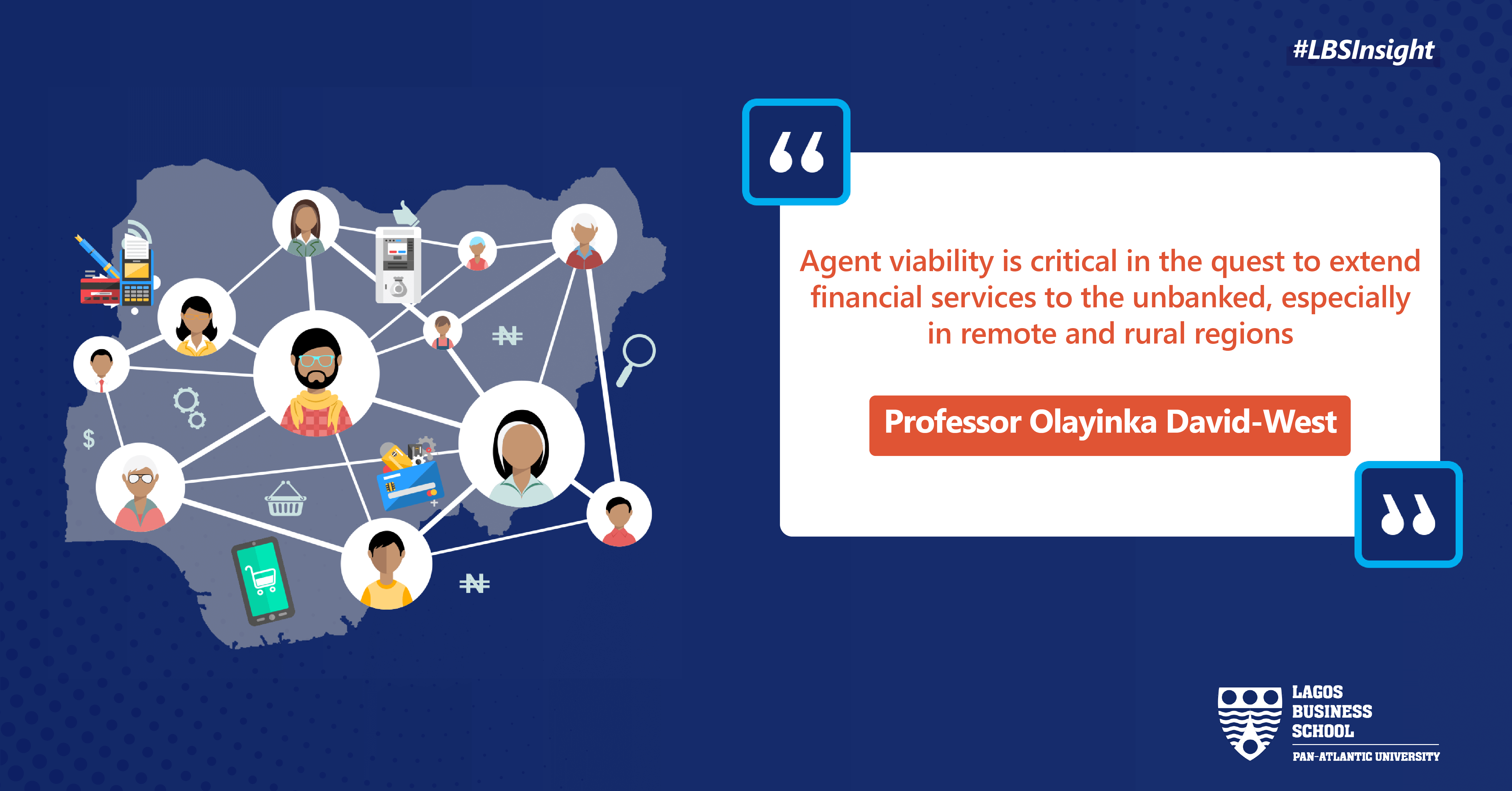How Fintech Startups are Disrupting Traditional Banking
The financial technology (fintech) sector has emerged as a powerful force, fundamentally transforming the traditional banking landscape. Fintech startups leverage innovative technologies to offer enhanced financial services, challenging the conventional models established by legacy banks.
This disruption is driven by the need for greater efficiency, transparency, accessibility, and customer-centricity in financial services. By addressing these needs, fintech startups are not only redefining how banking is done but also setting new standards for the industry.
Revolutionizing Customer Experience
Personalized and Efficient Services
 One of the most significant ways fintech startups are disrupting traditional banking is through personalized and efficient services. Traditional banks often rely on one-size-fits-all approaches, which can be impersonal and cumbersome. In contrast, fintech companies use data analytics, artificial intelligence (AI), and machine learning to tailor their offerings to individual customer needs.
One of the most significant ways fintech startups are disrupting traditional banking is through personalized and efficient services. Traditional banks often rely on one-size-fits-all approaches, which can be impersonal and cumbersome. In contrast, fintech companies use data analytics, artificial intelligence (AI), and machine learning to tailor their offerings to individual customer needs.
For instance, digital banks like Chime and Monzo provide highly customized banking experiences. They use AI to analyze customer spending patterns and offer personalized financial advice.
These banks also streamline account management with intuitive mobile apps, making it easier for users to track expenses, set budgets, and save money. By offering services that are not only personalized but also efficient and user-friendly, fintech startups significantly enhance the overall customer experience.
Seamless Digital Onboarding
Traditional banks often require customers to visit physical branches to open accounts or access certain services. This process can be time-consuming and inconvenient. Fintech startups, however, have revolutionized onboarding processes by offering seamless digital solutions.
For example, neobanks like Revolut and N26 allow customers to open accounts online within minutes, using their smartphones. These platforms use digital identity verification technologies, such as biometrics and e-KYC (electronic Know Your Customer), to securely authenticate users. This not only speeds up the onboarding process but also enhances security and reduces the risk of identity fraud.
Enhancing Financial Inclusion
Access to Banking Services for the Unbanked
A significant portion of the global population remains unbanked, lacking access to essential financial services. Traditional banks often overlook these individuals due to high operational costs and low profit margins. Fintech startups are addressing this gap by providing accessible and affordable banking solutions to underserved populations. Companies like Tala and Kiva leverage mobile technology and data analytics to offer microloans and financial services to individuals in emerging markets. These platforms assess creditworthiness using alternative data sources, such as mobile phone usage and social media activity, enabling them to extend credit to those without traditional credit histories. By democratizing access to financial services, fintech startups are fostering financial inclusion and empowering millions of people worldwide.
Companies like Tala and Kiva leverage mobile technology and data analytics to offer microloans and financial services to individuals in emerging markets. These platforms assess creditworthiness using alternative data sources, such as mobile phone usage and social media activity, enabling them to extend credit to those without traditional credit histories. By democratizing access to financial services, fintech startups are fostering financial inclusion and empowering millions of people worldwide.
Innovative Payment Solutions
Fintech startups have also introduced innovative payment solutions that cater to diverse needs and preferences. Mobile payment apps like Venmo, Cash App, and Paytm enable users to make instant peer-to-peer transfers, pay bills, and purchase goods and services with ease. These platforms are particularly beneficial in regions where access to traditional banking infrastructure is limited.
Furthermore, fintech companies are pioneering the use of cryptocurrencies and blockchain technology to facilitate cross-border payments. Startups like Ripple and Stellar offer decentralized payment networks that enable fast, low-cost international transactions. These solutions bypass traditional banking intermediaries, reducing fees and improving transaction speeds, which is especially valuable for remittances and global commerce.
Redefining Lending and Investment
Peer-to-Peer Lending and Crowdfunding
Traditional lending models often involve lengthy approval processes and stringent eligibility criteria. Fintech startups are disrupting this space by introducing peer-to-peer (P2P) lending and crowdfunding platforms, which connect borrowers directly with investors.
Platforms like LendingClub and Funding Circle allow individuals and small businesses to obtain loans without going through traditional banks. These platforms use sophisticated algorithms to assess credit risk and match borrowers with suitable lenders, offering competitive interest rates and faster approval times.
Similarly, crowdfunding platforms like Kickstarter and Indiegogo enable entrepreneurs to raise capital for their projects by attracting contributions from a broad audience.
Robo-Advisors and Automated Investing
Fintech startups are also transforming the investment landscape with robo-advisors and automated investing platforms. Traditional investment advisory services can be expensive and inaccessible to many individuals. Robo-advisors like Betterment and Wealthfront use algorithms to provide personalized investment advice and portfolio management at a fraction of the cost of human advisors.
These platforms assess an individual’s financial goals, risk tolerance, and time horizon to create and manage a diversified investment portfolio. By automating the investment process, robo-advisors make investing more accessible, affordable, and efficient, enabling more people to grow their wealth.
Strengthening Security and Compliance
Advanced Fraud Detection and Prevention
 Security is a critical concern in the financial industry. Traditional banks have robust security measures, but fintech startups are leveraging cutting-edge technologies to enhance fraud detection and prevention.
Security is a critical concern in the financial industry. Traditional banks have robust security measures, but fintech startups are leveraging cutting-edge technologies to enhance fraud detection and prevention.
Companies like Feedzai and Forter use AI and machine learning to monitor transactions in real-time, identifying suspicious patterns and potential fraud. These systems continuously learn and adapt, improving their accuracy and effectiveness over time. By proactively detecting and mitigating fraud, fintech startups protect customers and build trust in their services.
Regulatory Technology (RegTech)
Compliance with regulatory requirements is essential for financial institutions, but it can be complex and costly. Fintech startups are driving innovation in regulatory technology (RegTech) to streamline compliance processes and reduce operational burdens.
Startups like ComplyAdvantage and Chainalysis offer solutions that automate regulatory compliance, including anti-money laundering (AML) and Know Your Customer (KYC) processes.
These platforms use advanced data analytics and blockchain technology to monitor transactions, identify risks, and ensure adherence to regulatory standards. By enhancing compliance efficiency, RegTech solutions enable fintech startups to navigate the regulatory landscape effectively.
Conclusion
Fintech startups are at the forefront of a financial revolution, disrupting traditional banking by offering innovative, customer-centric solutions. Through personalized services, digital onboarding, financial inclusion initiatives, and cutting-edge technologies, these startups are redefining the financial landscape. As they continue to challenge the status quo, fintech startups are driving greater efficiency, accessibility, and security in financial services, ultimately benefiting consumers and businesses alike.
References
Revolut - Official Website
Chime - Official Website
Monzo - Official Website
Tala - Official Website
Kiva - Official Website
Ripple - Official Website
LendingClub - Official Website
Betterment - Official Website
Feedzai - Official Website
ComplyAdvantage - Official Website














































































